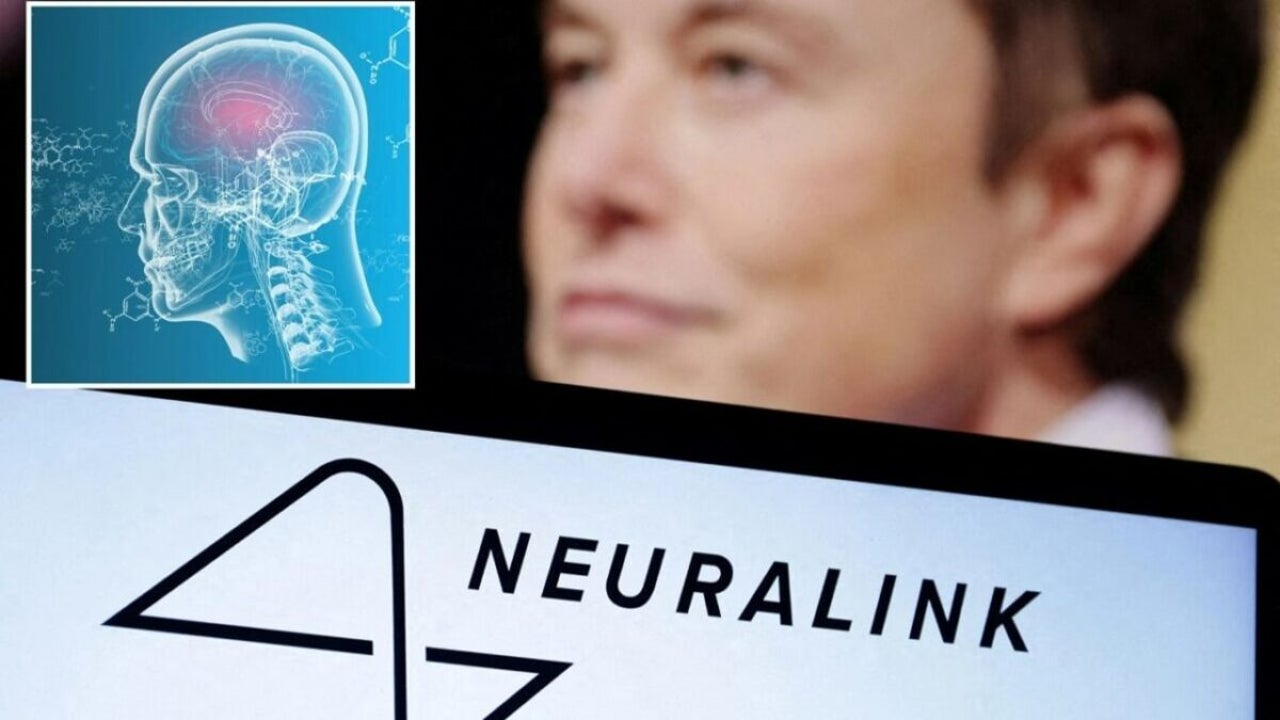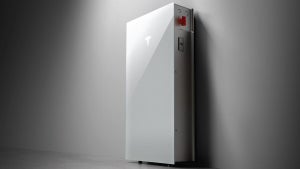News
Do you fancy having a chip implanted in your brain? Elon Musk begins the search for volunteers
The future is now, only the guinea pigs are missing.

- November 8, 2023
- Updated: March 7, 2024 at 1:57 PM

Neuralink is another one of Elon Musk’s companies, possibly the one that makes the least noise. But that’s only because they are in the midst of product development. Brain-computer interfaces (BCIs) will generate more discussion than Tesla itself in a decade.
Neuralink, Elon Musk’s chip implant company, is looking for its first volunteer willing to have a piece of their skull removed so that a robot surgeon can insert thin wires and electrodes into the brain.
The ideal candidate will be a quadriplegic under 40 years old who will also undergo a procedure to implant a chip with 1,000 electrodes in their brain, as reported by the company to Bloomberg.
How does the brain-computer interface work?
The interface would allow performing computer functions using only thoughts through a “think and click” mechanism.
After a surgeon removes a part of the skull, a 2-meter-tall robot named “R1,” equipped with cameras, sensors, and a needle, will insert 64 threads into the brain, making every effort to avoid blood vessels, as reported by Bloomberg.
Each thread, with a diameter approximately 1/14th of a human hair, is coated with 16 electrodes programmed to collect data about the brain.
The task is entrusted to robots because human surgeons probably wouldn’t be able to insert the threads into the brain with the necessary precision to avoid damaging vital tissues.
The electrodes are designed to record neuronal activity related to the intention of movement. Subsequently, Neuralink computers decode these neural signals.
R1 has already performed hundreds of experimental surgeries on pigs, sheep, and monkeys. This has led animal rights advocacy groups to criticize Neuralink for alleged abuses.
A very mysterious essay
People with paralysis due to cervical spinal cord injury or amyotrophic lateral sclerosis can participate in the study, but the company did not disclose how many participants would enroll in the trial, which is expected to take about six years to complete.
Neuralink, which initially hoped to receive approval to implant its device in 10 patients, was negotiating a smaller number of patients with the Food and Drug Administration (FDA) after the agency raised safety concerns, according to current and former employees.
It is unknown how many patients the FDA ultimately approved for this first human trial.
Musk has grand ambitions for Neuralink, stating that it would enable the quick surgical insertion of its chip devices to treat conditions such as obesity, autism, depression, and schizophrenia.
According to experts, even if the BCI device proves to be safe for human use, the company could take more than a decade to obtain authorization for its commercial use.
Journalist specialized in technology, entertainment and video games. Writing about what I'm passionate about (gadgets, games and movies) allows me to stay sane and wake up with a smile on my face when the alarm clock goes off. PS: this is not true 100% of the time.
Latest from Chema Carvajal Sarabia
You may also like

Upcoming EV Launch Positions Japan as a Key Player in Competitive Electric Vehicle Market
Read more

Elon Musk’s Powerwall 3 Revolutionizes Energy Storage
Read more

Nissan Launches Affordable N7 Electric Sedan in China
Read more

Pre-Orders Open For Kia’s PV5 With Impressive 249-Mile Range
Read more

This Pixel feature is great if you have allergies
Read more

Why Microsoft’s new Phi-4 reasoning models are so important
Read more